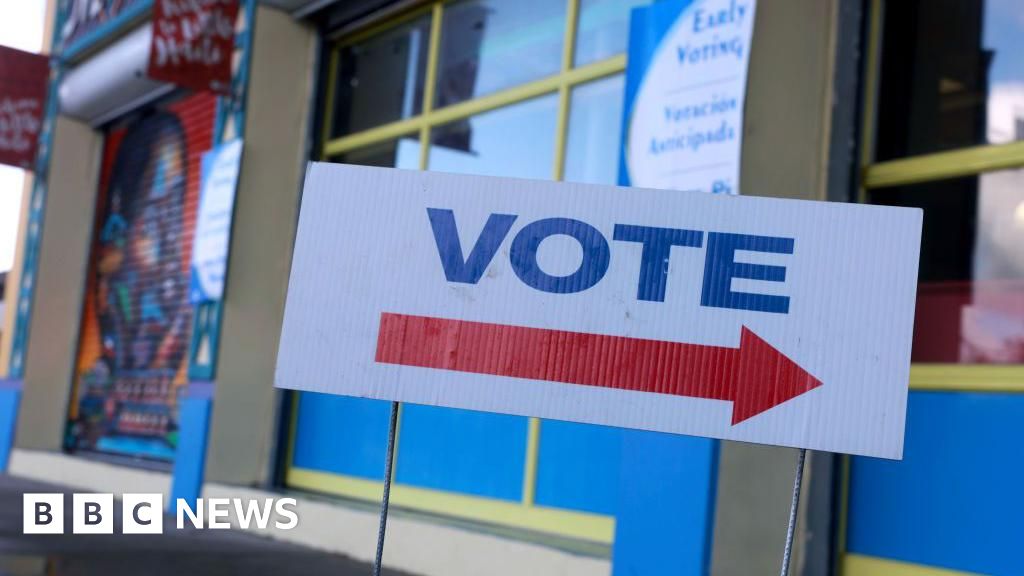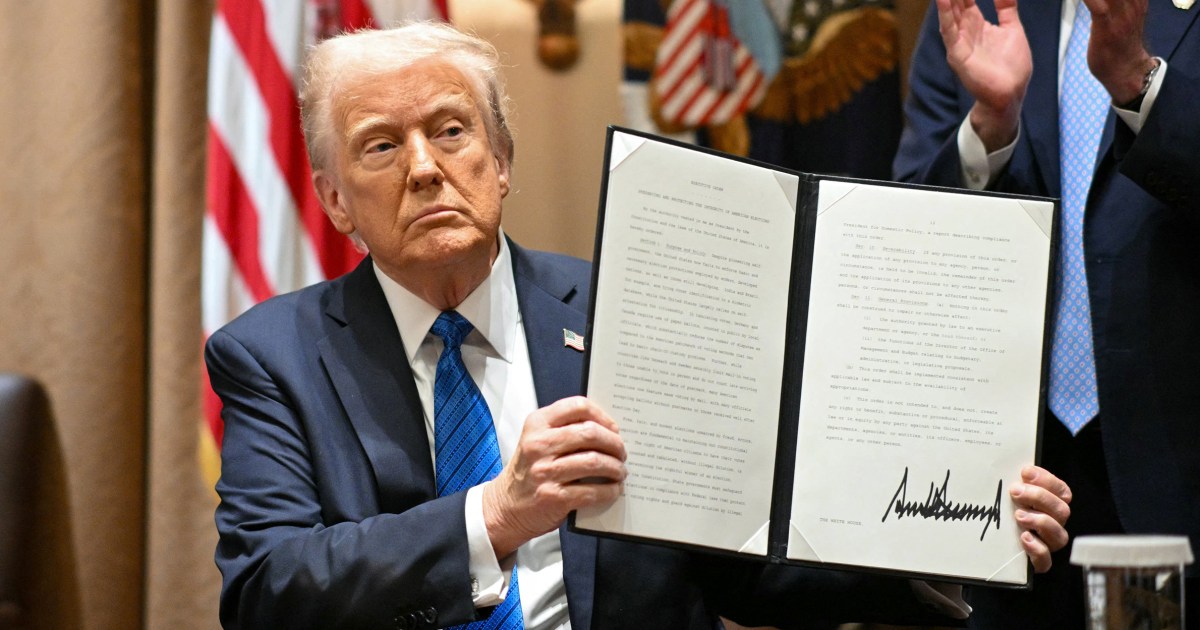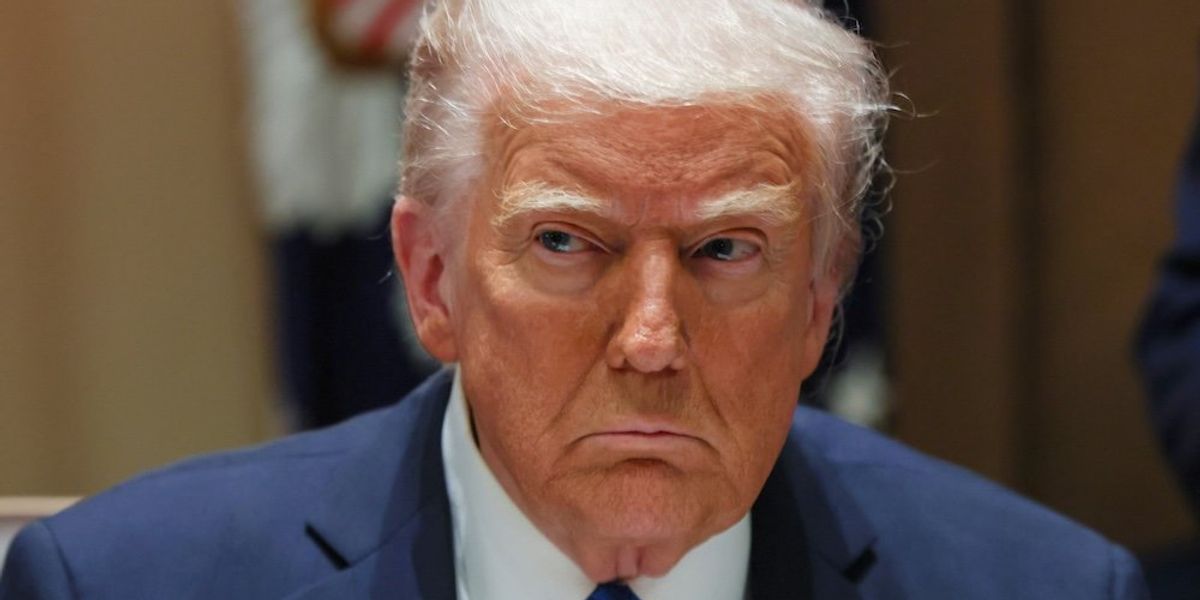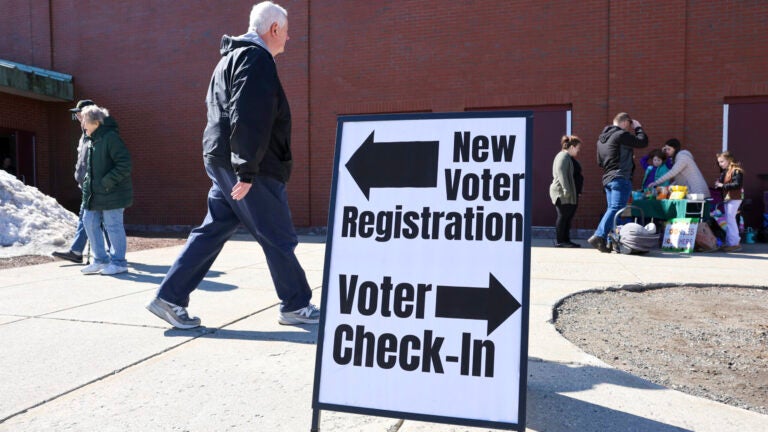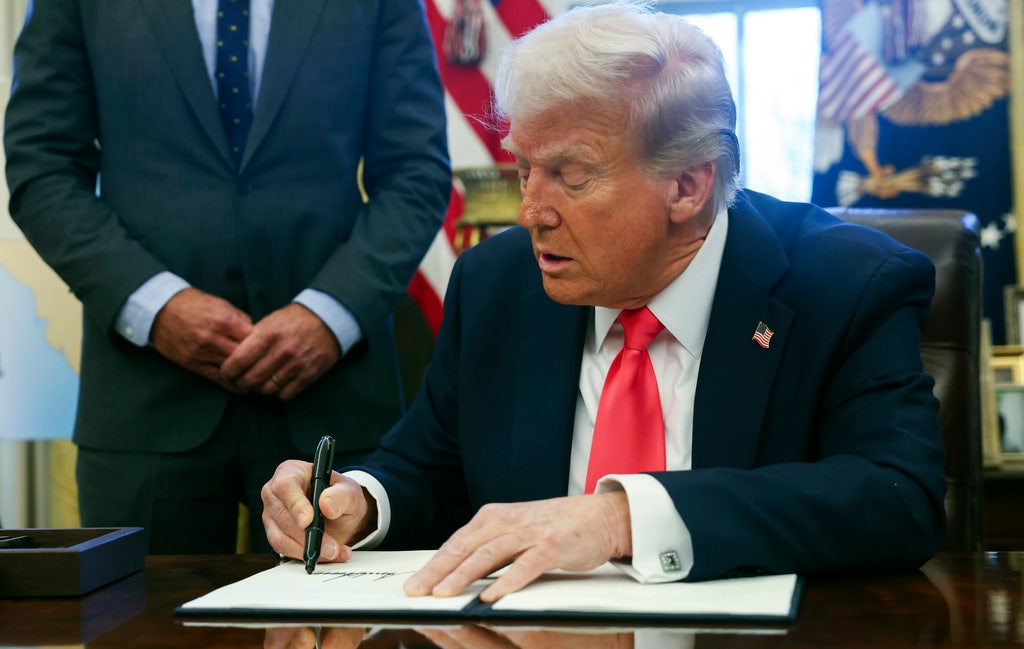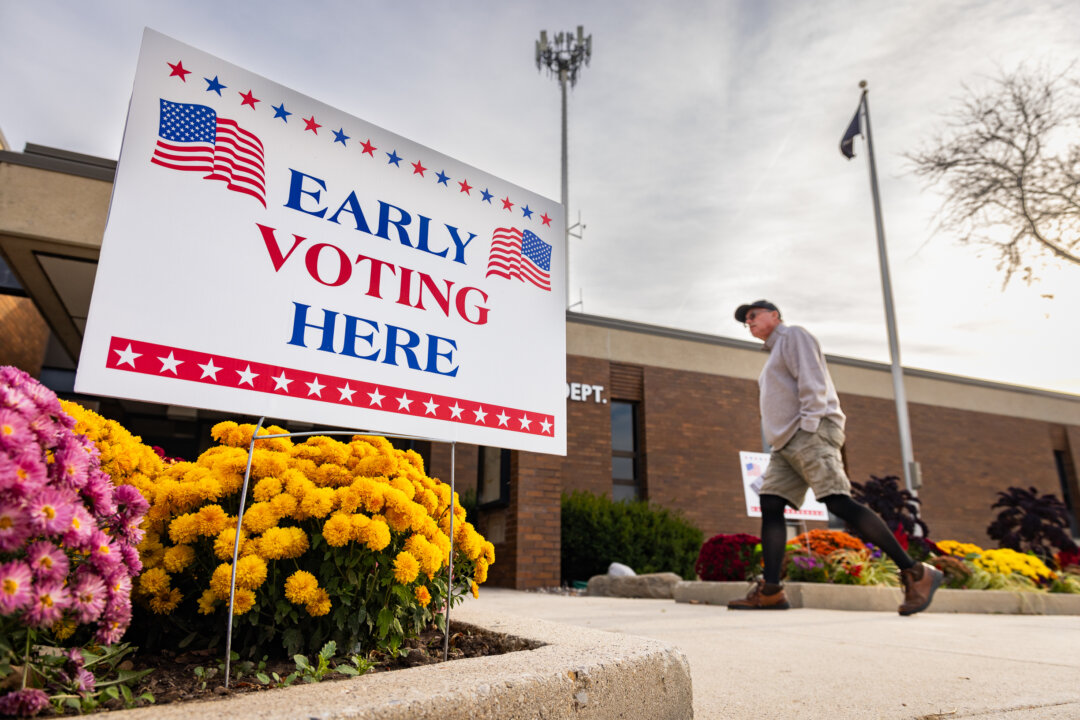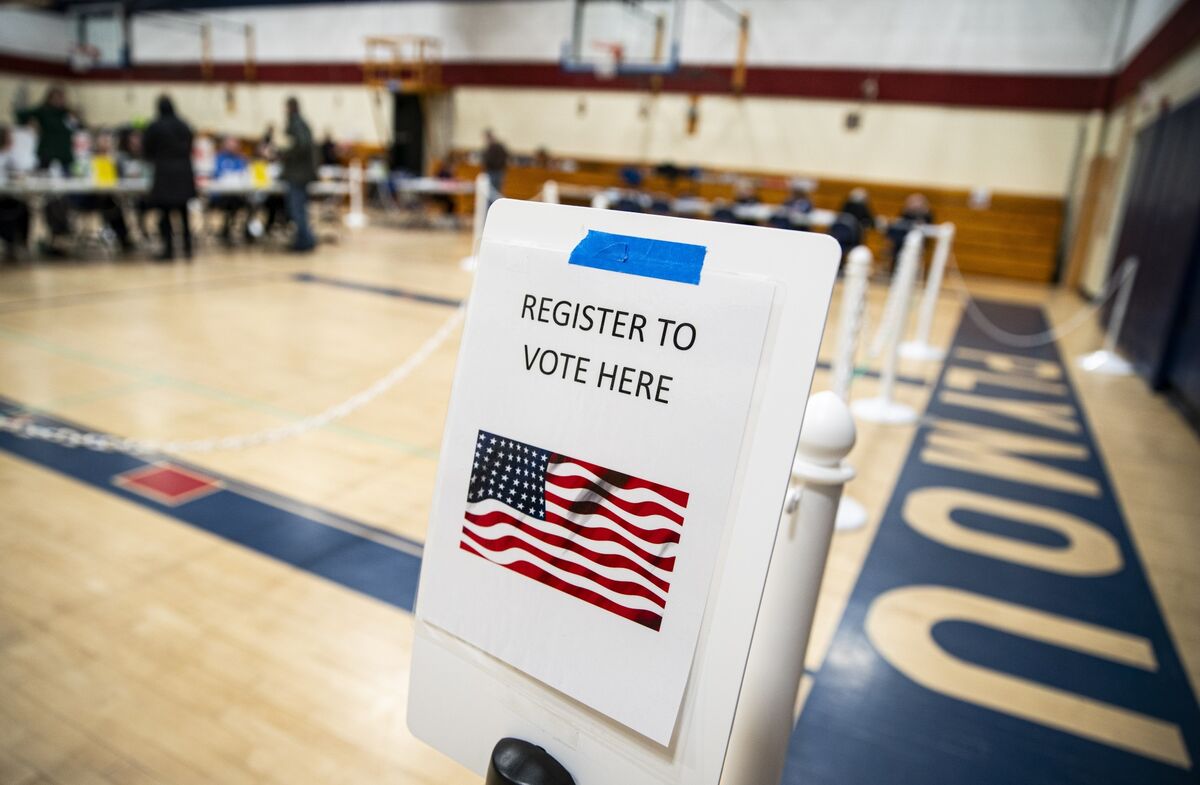Trump Signs Executive Order Mandating Proof of Citizenship for Voter Registration
President Trump’s new executive order requires proof of citizenship for voter registration and limits mail-in ballots, sparking criticism from voting rights advocates.
Subscribe to unlock this story
We really don't like cutting you off, but you've reached your monthly limit. At just $5/month, subscriptions are how we keep this project going. Start your free 7-day trial today!
Get StartedHave an account? Sign in
Overview
On March 25, President Trump signed an executive order requiring proof of citizenship for federal voter registration. The order aims to ensure only citizens vote and mandates states count mail-in ballots only if received by Election Day. Critics, including the ACLU, warn the measure could disenfranchise millions, particularly marginalized populations without easy access to necessary IDs. The order will also require states to verify voter rolls against immigration records and could deny federal funding to noncompliant states. Supporters, like the Heritage Foundation, view it as a necessary step to protect election integrity amid unsubstantiated claims of widespread voter fraud.
Report issue

Read both sides in 5 minutes each day
Analysis
- Trump's executive order aims to require documentary proof of citizenship for voter registration, threatening to disenfranchise millions and potentially facing significant legal challenges due to states' autonomy in managing election laws.
- Concerns about disenfranchisement are heightened by reports indicating that approximately 21.3 million Americans lack easily accessible proof of citizenship, with issues such as name changes affecting married women.
- The order suggests a significant federal overreach into state-managed elections, raising questions about constitutional authority, the legal limits of executive power, and the potential ramifications for voter access and trust in the electoral process.
Articles (21)
Center (10)
FAQ
The order specifies that documents such as a U.S. passport, a REAL ID, or other government-issued identification that confirms American citizenship can be used as proof.
Criticisms include concerns that the order could disenfranchise millions of eligible voters, particularly those without easy access to necessary IDs. Legal challenges are expected due to potential constitutional issues regarding federal authority over state elections.
History
- 7M

 4 articles
4 articles
- 7M

 5 articles
5 articles





